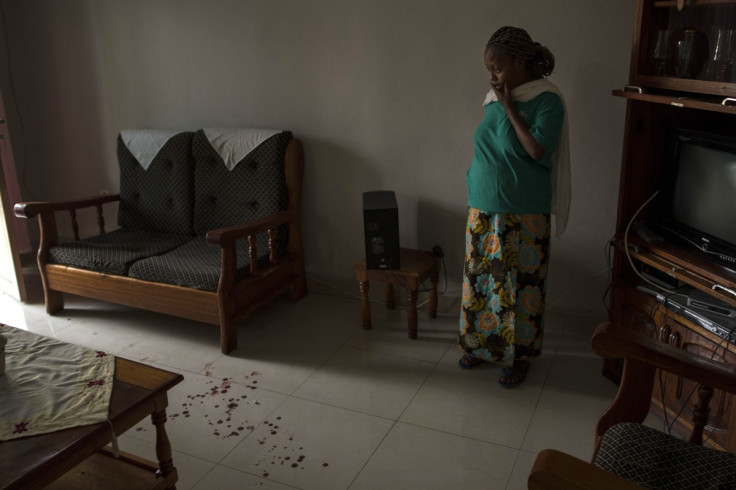Burundi: Activists call for African Union to impose sanctions after its scraps deployment plan

Activists and opposition leaders in Burundi are calling on the African Union (AU) to impose economic sanctions to oblige embattled President Pierre Nkurunziza to enter a political dialogue. This comes as the AU dropped its plan to send 5,000 peacekeepers to Burundi to stop the country from spiralling into anarchy, after the strife-torn nation's government declared it "too early" for a military intervention on its soil.
The country's current political crisis, which has left up to 900 people dead, pits supporters of President Pierre Nkurunziza against those who say his re-election in July for a third term violated the constitution of a nation still reeling from its civil war that occurred between 1993 and 2005, leaving 300,000 people dead. Nkurunziza, who refused to welcome the peacekeeping Maprobu force claiming it was an "invasion", also declined to attend peace talks.
'No peaceful solution possible'
Pancrace Cimpaye, spokesperson of the coalition Council for the Observance of the Constitution (CNARED), an alliance-in-exile of several opposition movements, described the AU's decision as "a total deception".
"This means that Burundians are left on his own, and therefore, commentators should not be surprised if tomorrow or the day after, Burundians decide to defend themselves by force of arms. The AU leaders' decision opens a way for civil war, an armed confrontation, despite the CNARED having favoured dialogue," Cimpaye said, referring to newly created armed groups. Speaking over the phone, Cimpaye added Nkurunziza's refusal to go at the negotiating table "means that the road is blocked for any peaceful solution".
'Impose sanctions like in 1996'
A charity worker from Bujumbura, who asked to remain anonymous, told IBTimes UK he believed the AU's decision was "a huge contradiction". "The two [troops and political dialogue] must go together as the context requires. The idea of sending troops came up after many credible reports showed Burundi was at a risk of war and genocide, and the 1212 [12 December] massacres showed quick intervention is needed."
Pointing to recent reports of widespread disappearances, rape and potential mass graves, the NGO worker said the situation "has showed that dialogue is impossible with minimum security of those against Nkurunziza's third term". "Realistically, Nkurunziza will not even see the need of joining talks as he sees himself as victorious and the AU has just encouraged this attitude."
In his view, the AU use the example of 1996 when the East African Community leaders imposed economic sanctions on former president Pierre Buyoya. The sanctions were aimed at restoring constitutional order and force Buyoya into peace talks with Hutu rebels. "The AU should impose quick tough sanctions directed to Pierre Nkurunziza to accept talks and troop deployment quickly."
Cimpaye shared this view, adding that Western sanctions was "the only way". "Only economic and targeted sanctions could make Nkurunziza think about dialogue". However, he explained that while in 1996, every country around Burundi enabled the embargo (by closing all the borders and airports), the AU diplomats decision on Sunday (31 January 2016) proved they would not participate in a new potential embargo.
© Copyright IBTimes 2025. All rights reserved.






















